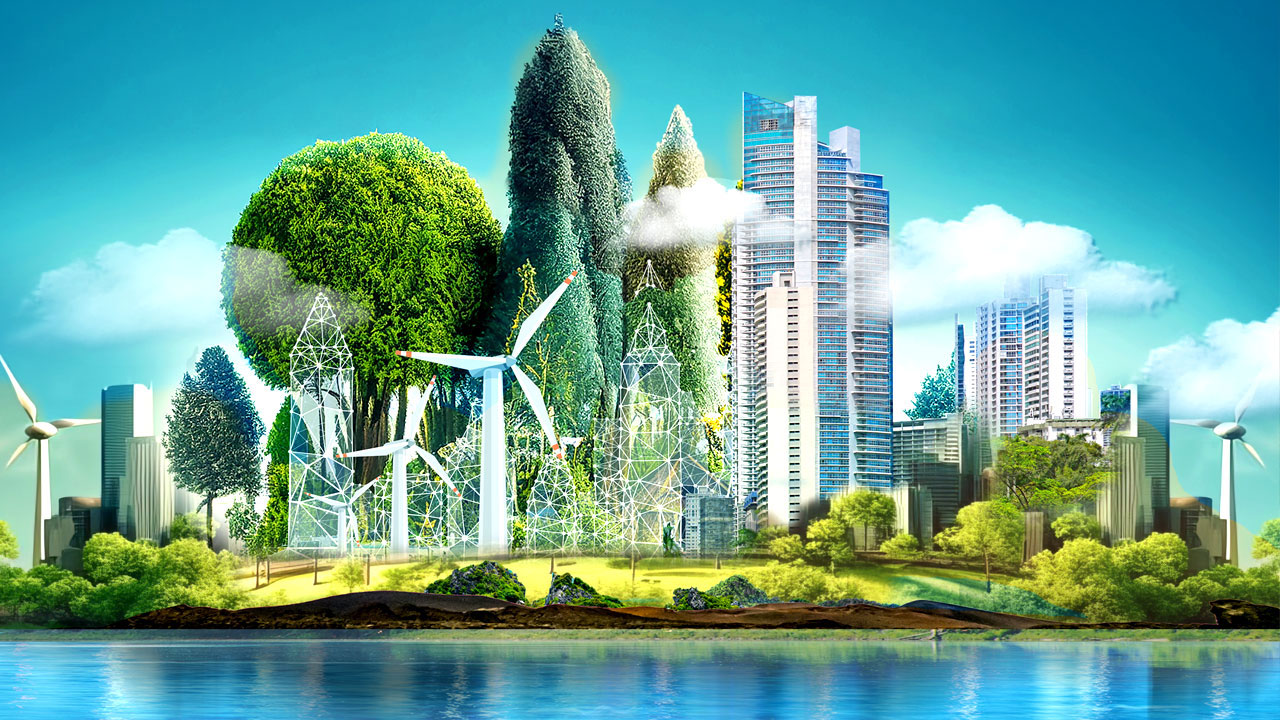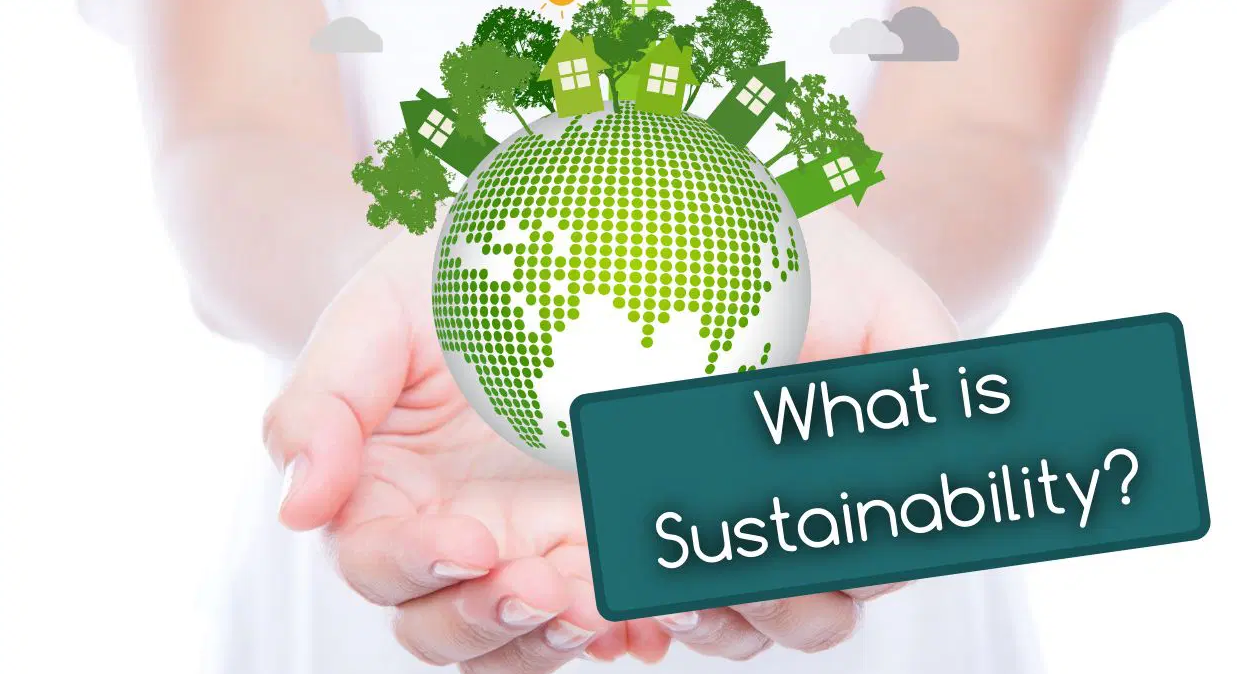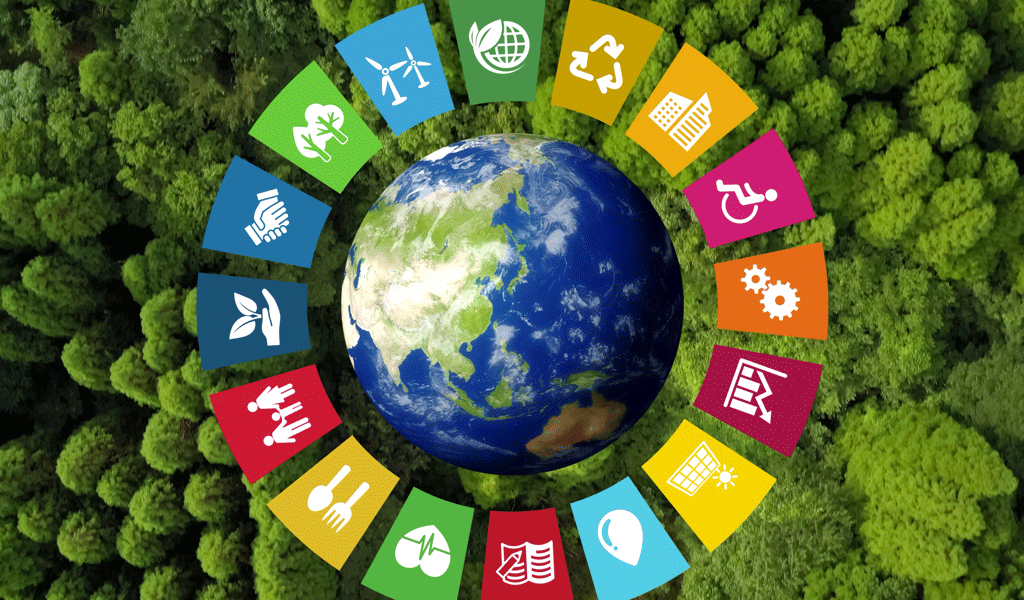Sustainability: The Path to a Better Future
In the swiftly evolving landscape of today, sustainability transcends being merely a trendy term—it has become an essential requirement. Our planet is confronted with unparalleled challenges, ranging from climate change and resource depletion to social inequality and waste management. Sustainability presents a pragmatic and optimistic route forward by urging us to fulfill the needs of the present while safeguarding the capacity of future generations to fulfill their own.
What is Sustainability?
Sustainability embodies a comprehensive approach that takes into account environmental, social, and economic aspects. It involves making decisions that are not only efficient and cost-effective but also ethical and responsible. This entails the judicious use of natural resources, minimizing our carbon footprint, ensuring equitable labor practices, and fostering inclusive economic growth.


Why is Sustainability Important?
Every action we undertake has repercussions. The energy we utilize, the waste we produce, the products we purchase, and the systems we endorse all play a role in the health—or decline—of our planet. Unsustainable practices have already resulted in escalating global temperatures, deforestation, water scarcity, pollution, and loss of biodiversity. If we persist on this trajectory, the consequences may become irreversible.
Sustainability empowers us to take charge of this narrative. It enables businesses to innovate, communities to flourish, and individuals to live with greater awareness.
The Role of Individuals and Businesses
Sustainability commences with awareness and expands through action. As individuals, we can initiate change by adopting simple lifestyle modifications—reducing plastic consumption, conserving water, recycling, supporting local products, and opting for sustainable transportation methods.
Businesses also play a vital role in this context. Indeed, they frequently possess the resources and influence necessary to effect significant change. Incorporating Environmental, Social, and Governance (ESG) principles into business strategies not only aids in environmental protection but also improves brand reputation, fosters stakeholder trust, and promotes long-term profitability.
Firms such as Climacore Consultants and Engineers Private Limited are at the forefront by providing sustainability and ESG consulting services to organizations willing to take accountability for their environmental and social impact. By assisting businesses in evaluating their effects, implementing more sustainable solutions, and aligning with international sustainability standards, these consultancies are facilitating substantial progress.
Towards a Greener Tomorrow
Sustainability is not merely a one-off initiative; it embodies a mindset and a movement. Governments, corporations, communities, and individuals must unite to reimagine growth, reconsider consumption, and redefine success.
A sustainable future encompasses clean air, safe water, fertile land, equitable opportunities, and resilient societies. It signifies prioritizing long-term health over immediate profit and collaboration over rivalry.
Let us keep in mind: we do not inherit the Earth from our ancestors; we borrow it from our children. The decisions we make today will shape the quality of life for future generations.
Conclusion
Sustainability transcends the mere act of environmental preservation—it is about fostering a better, more equitable world for all. By adopting sustainable practices in our everyday lives and professional endeavors, we can all contribute to the solution. Let us take action today, ensuring that tomorrow is a future worth anticipating.


